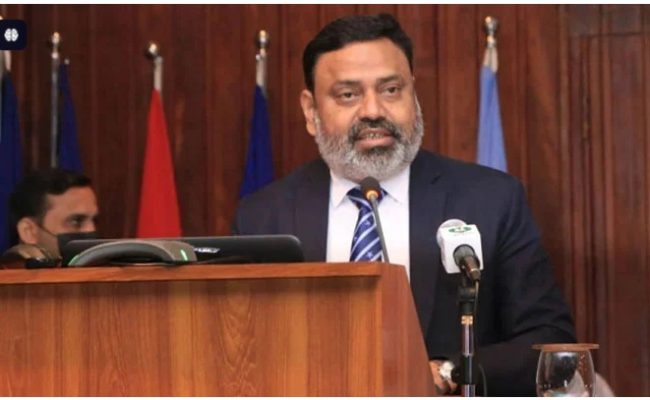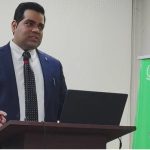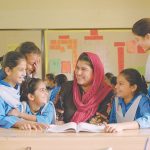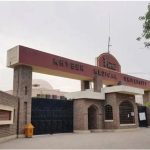The Vice Chancellor of the University of Karachi, Professor Dr. Khalid Mahmood Iraqi, emphasized the critical need to align academic research with industrial and societal challenges. Speaking at the DCS-UBIT Career Connection ‘24, held on Tuesday at the Department of Computer Science, Dr. Iraqi called for a paradigm shift in academic priorities, urging institutions to prioritize solutions-driven research over merely accumulating publications.
“We have failed to bridge the gap between academia and industries because our research often doesn’t address their problems,” he said. Dr. Iraqi stressed the importance of institutional excellence over individual brilliance, asserting that the collective efforts of educational institutions should focus on nurturing students’ abilities and contributing meaningfully to their professional growth.
Reflecting on the evolving dynamics of education and employment, VC University of Karachi Professor Dr. Khalid Mahmood Iraqi noted, “The era when a degree alone sufficed is long gone. Today’s job market demands creativity, innovation, and confidence. Our role as educators is to prepare students not just academically but also professionally, equipping them to excel in this dynamic and competitive environment.”
He further highlighted the role of self-accountability in fostering excellence, stating that a society enriched with skilled individuals forms the backbone of a prosperous nation. However, he acknowledged the prevailing mindset in academia, where research often serves academic metrics rather than addressing real-world challenges. “We need to shift our focus to research that solves industrial and societal issues. Industries want collaboration, but we must first bring solutions to the table,” he remarked.
The Vice Chancellor of the University of Karachi Professor Dr. Khalid Mahmood Iraqi concluded by urging faculty members and academic institutions to play a pivotal role in producing graduates who are market-ready, creative, and capable of contributing meaningfully to both industries and society at large.







